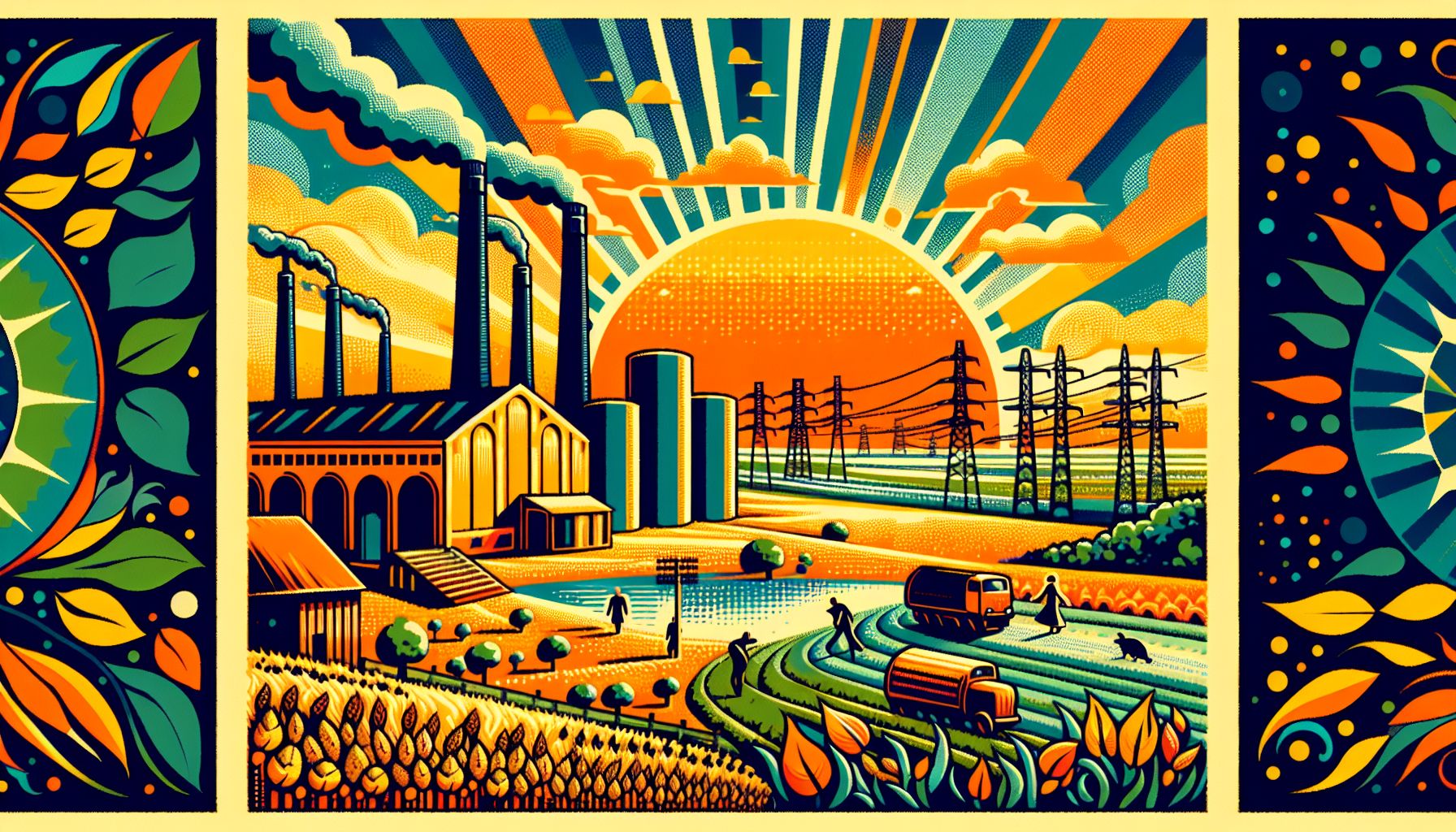Prosumer power: consumer flexibility as key to sustainable grid management

EM-Power Europe highlights the significant role of flexible consumers in balancing the grid amid rising renewable energy adoption.
The Renewable Energy Challenge
With the transition to renewable energy sources, traditional power grids face a significant challenge in managing the fluctuating supply of wind and solar power. At the forefront of addressing this issue is EM-Power Europe, a pivotal event that explores the integration of energy management and networked energy solutions. The event, scheduled from June 19 to 21, 2024 in Munich, Germany, serves as a platform for discussing how flexible consumers play a critical role in maintaining a stable and efficient energy grid[1][2].
The Demand for Flexibility
As emphasized by Michael Villa, Managing Director of smartEn, the European association for smart energy solutions, the demand for flexibility in energy consumption is expected to increase by 133% by 2030[2]. This is primarily due to the need to balance supply and demand as energy production shifts away from fossil fuels towards more unpredictable renewable sources. Being flexible means that consumers can adjust their energy usage based on the availability of renewable energy, thereby reducing the strain on the grid during peak times.
Prosumers and Dynamic Tariffs
Prosumers, or consumers who produce their own energy, are at the heart of this flexible approach. With their own photovoltaic (PV) systems, battery storage, heat pumps, and electric vehicles, prosumers can minimize their reliance on grid electricity and reduce the load on distribution grids. Furthermore, starting from 2025, all electricity suppliers in Germany will be required to offer dynamic tariffs. These tariffs incentivize consumers to use energy when it is least expensive, which typically coincides with periods of lower demand and higher renewable energy generation[2].
Innovation in Energy Management
Companies like COPA-DATA will demonstrate at EM-Power Europe how their zenon software platform can automate energy systems for improved efficiency. The platform exemplifies the technological advancements that facilitate the integration of diverse energy resources, thereby enabling a more flexible and sustainable energy grid[3]. KUNBUS GmbH will also showcase their solutions tailored to the renewable energy industry, illustrating the growing market for products that support the shift towards an interconnected and renewable-centric energy system[4].
Conclusion: A Systemic Shift
EM-Power Europe’s focus on flexible consumers underlines a systemic shift towards a smarter, more resilient energy grid that can accommodate the variable nature of renewable energy sources. The synergy between technological innovation, regulatory frameworks, and consumer behavior is essential for a successful transition to a sustainable energy economy. The discussions and insights from the event are expected to shape the future of energy management, with flexible consumers being recognized as integral to the grid’s stability and sustainability.

